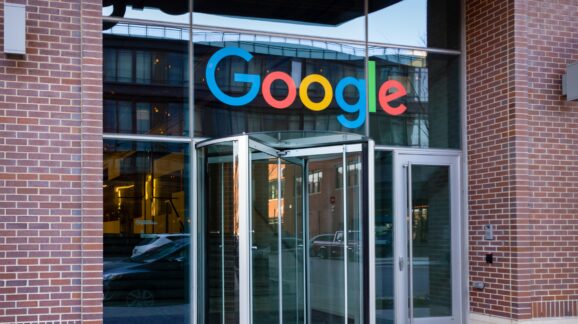Decision in Google antitrust case a major blow for online competitiveness: CEI analysis

Photo Credit: Getty
On Thursday, a federal court ruled that Google violated antitrust law by maintaining a monopoly over online advertising. CEI experts caution about the precedent and ramifications of this decision for consumers and US competitiveness online.
CEI Director of the Center for Technology and Innovation Jessica Melugin:
“Abandoning the consumer welfare standard by finding Google guilty when there’s no proof of harm to consumers risks more than just setting bad precedent. It risks harming one of the best competitors the U.S. has in the global race for artificial intelligence dominance. These antitrust suits against so-called Big Tech are the strategic equivalent of a coach punching his players in the stomach before sending them out on the field. How do you say, ‘politicized antitrust’ in Chinese?”
CEI Senior Economist Ryan Young:
“Antitrust cases have two main ways of proving an illegally maintained monopoly. One is artificially high prices. The other is restricted supplies. Google doesn’t meet either of those standards.
“When this case was filed, online ad prices had fallen in half in the previous decade. If Google did have a monopoly, it was doing a terrible job taking advantage of it.
“As far as restricting supply, spending two minutes on the Internet will show no shortage of advertising opportunities, whether with Google or other ad providers.
“If this court decision is upheld, it will not be on the consumer welfare grounds that have guided antitrust law for more than four decades.”